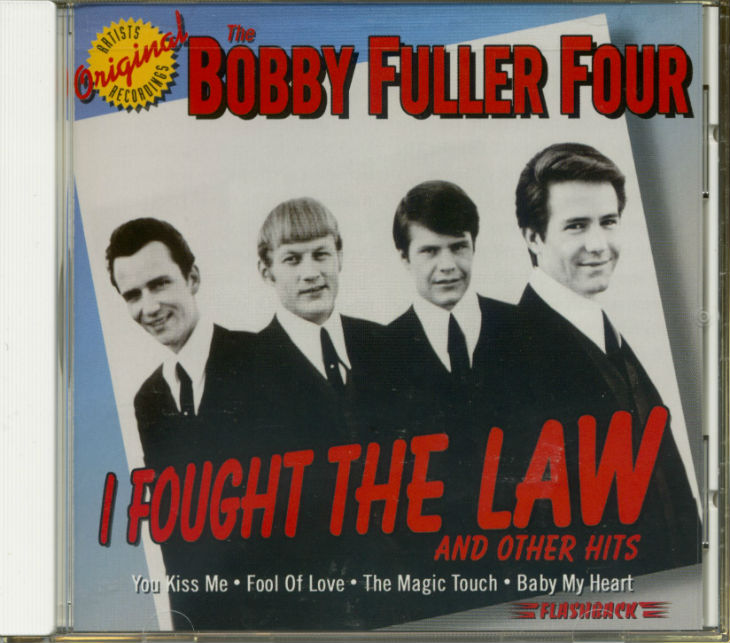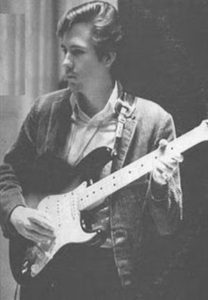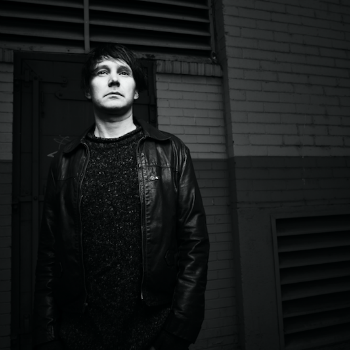BLAST FROM THE PAST: THE BOBBY FULLER FOUR
In 1966, The Bobby Fuller Four released “I Fought The Law,” which skyrocketed into the Top 10 on the national music charts. A few months later, Bobby Fuller was found dead in his mother’s Oldsmobile, apparently from suicide, although an aura of mystery still hovers over his passing.
Fuller’s sound was unique and fresh blending influences from Buddy Holly, Ritchie Valens, and Eddie Cochran, as well as Everly Brothers-like harmonies atop surf-rock-flavored guitars and a fuzzed-out bassline. There were hints of what today we would call pop-punk in there, too.
In El Paso, Texas, in 1961, the 19-year-old Fuller built a recording studio in his parents’ house, with a control booth and an echo chamber. Fuller released his music on his own labels, Exeter and Eastwood. By 1964, his band The Fanatics took up residency at the Rendezvous, a night club owned by Fuller.
The release of “I Fought The Law” transformed them from remarkable to sensational in a New York minute.
Immensely popular, the Rendezvous attracted masses of young music fans, making the band the biggest fish in the localized small pond. Soon, though, the pond became too limiting, so the band relocated to California, where they hooked up with Del-Fi Records, owned by Bob Keane. With Keane as their manager and producer, the band’s success blossomed. The release of “I Fought The Law” transformed them from remarkable to sensational in a New York minute.
Then things changed. Keane began pushing Bobby as the star, which left the other members of the band feeling like fifth wheels. Keane also kept the band on the road constantly, followed by bozo gimmicks intended to make the band even more popular: changing the band’s name to the Shindigs to obtain an appearance on the TV show of the same name; cameo appearances in a Nancy Sinatra movie; and a drag racing-concept album.
Fuller’s songwriting talent went beyond “I Fought The Law,” witnessed by songs like “Let Her Dance” and “Never to Be Forgotten,” along with “A New Shade of Blue.”
On July 18, 1966, Fuller’s mother found him dead in her Oldsmobile in the parking lot outside his apartment. The police said it was suicide, but some believed otherwise. Just prior to Fuller’s death, Keane had hooked the band up with Roulette Records, owned by Morris Levy, whose Mafia connections earned him the title of “Godfather of the American Music business.” Levy was not averse to using violence to get what he wanted.
Some wonder if Bobby, when he found out, didn’t want out of the deal.
To this day, no one knows. But “I Fought The Law,” along with Fuller’s other songs, still pack a powerful punch, displaying the gift of The Bobby Fuller Four.













